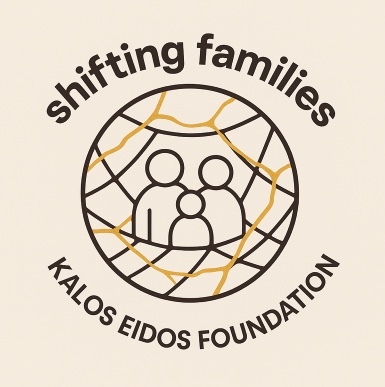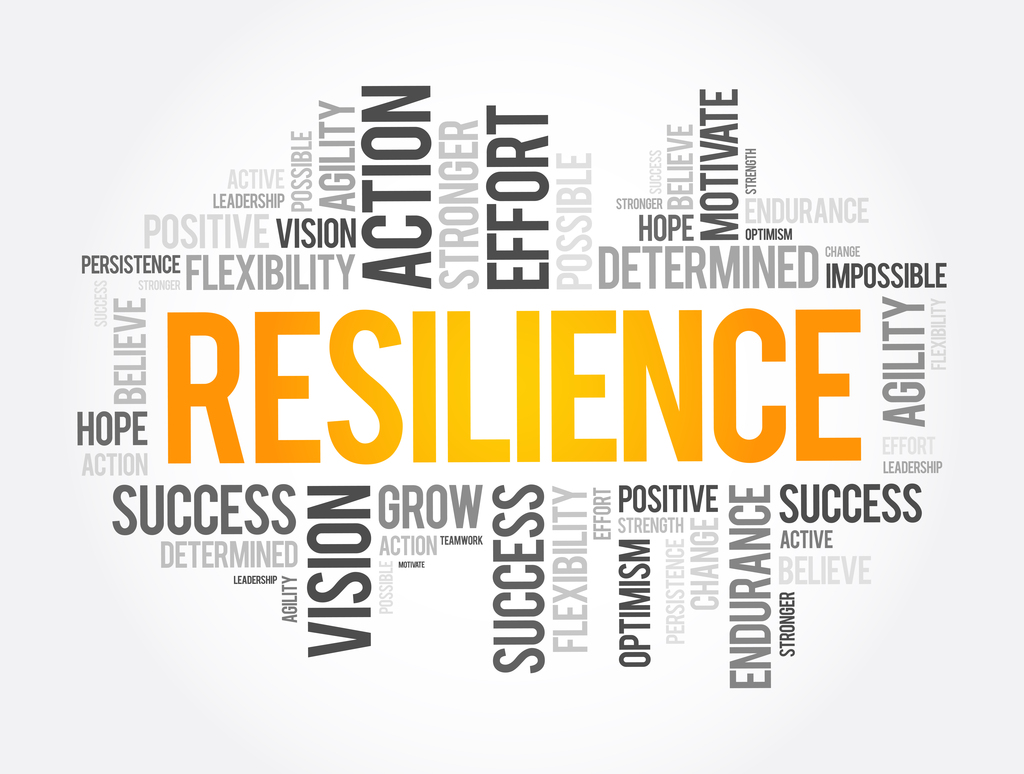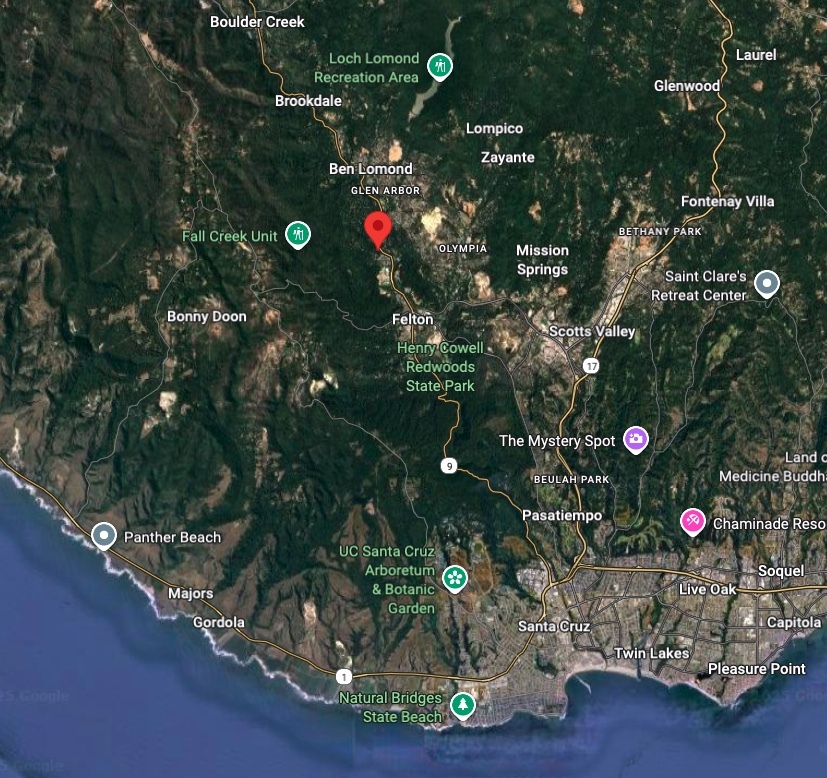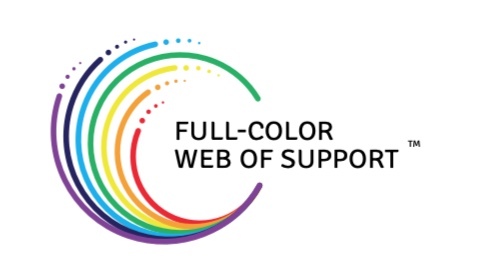What sets Integrative Youth Development (IYD) apart from other youth development theories, frameworks, programs, and interventions is its consilient, youth-centered, and deeply ecological approach—one that has been steadily developed over 40 years of asking the same core question: What do young people need to thrive?
Unlike many models that remain confined to theory or fill 3-ring binders on shelves, IYD is living, breathing, and field-driven, designed to be directly meaningful to youth themselves. It integrates findings from complex adaptive systems, educational psychology, sociology, developmental neuroscience, and community-based practice into a coherent, practical framework.
IYD stands out because it doesn’t merely work around young people—it works with them, in the context of the ever-shifting environments they must navigate: schools, communities, families, and digital spaces. It measures love and support, translating them into visible, actionable supports—such as adult anchors and protective factors—embedded in what we call a Web of Support.
IYD doesn’t treat youth development as a linear checklist—it treats it as a living system, and guides adults in how to weave a stronger, more resilient ecology around each young person, one full of connection, affirmation, opportunity, and growth.
















